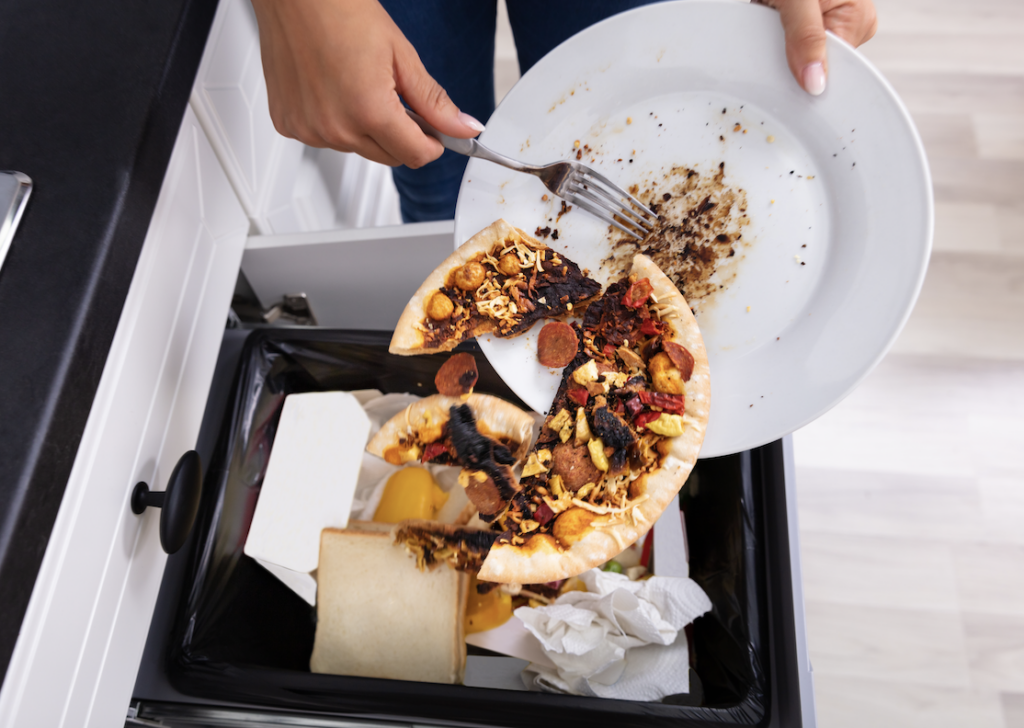9 Tips to Reduce Waste at Home

How can I keep my trash bins from overflowing? It’s a question that many of us have asked ourselves over the years. And with so many of us staying at home for significantly more time than usual, trash management has become a big task.
You’re not alone if you find yourself drowning under all that rubbage. More and more San Diegans are frustrated with the overwhelming amount of trash that’s resulted from the pandemic, and the city is feeling the pressure of an 11-percent increase in refuse and recycling compared to last year. As the holidays approach and our trash piles continue to grow higher and higher, now seems like about as good a time as ever to revisit some key concepts around reducing the amount of waste we produce. 
The US EPA has published a Food Recovery Hierarchy, which discusses the higher-order uses of food waste. While it’s worth noting that the EPA is focused on food recovery, the same general concepts can be applied to non-food waste as well. Namely, the best way to reduce waste from filling up your garbage cans (and ending up in the landfill) is to reduce the amount of surplus generated and divert usable items those that are less fortunate. We’re focusing on the top two tiers of the Food Recovery Hierarchy here:
Some of the ways you can reduce the amount of waste you generate include:
- Become a zero-waste consumer
- Buy in bulk, but only as much as you can actually use or safely store for future use
- Ditch disposable items or those that are inefficient (for example, LED light bulbs can last up to 10x as long as incandescents)
- Stop the junk mail
- Reuse items (I’m looking at you, wrapping paper!)
- Shop smart and plan your meals in advance
- Use the entire food item when cooking
- Store unused food in clear, labeled containers
- Give creative gifts (i.e. non material, experience-based, or handmade)
No matter how hard you try though, you sometimes end up with something you don’t need. Whether it’s too many cans of minestrone or a pair of shoes that looked great online but just don’t fit how you wanted them to, we often end up tossing things that are perfectly fine. All this in light of the more than 400,000 people throughout San Diego who struggle to put enough food on the table. Diverting edible food and excess material items is a necessary and critical part of helping the environment as well as those in need. This is where the work of great organizations like Feeding San Diego and Goodwill comes in. The holidays are about gratitude, and taking care of the people around us, so think about those in need before tossing last year’s wardrobe.
To be clear, by no means are we advocating that you eat your eggshells. Sometimes there’s no way to avoid a little waste, and that’s where activities like composting and vermicomposting come in! Join us for one of our many workshops on topics aimed at diverting food waste and building rich healthy soils.
